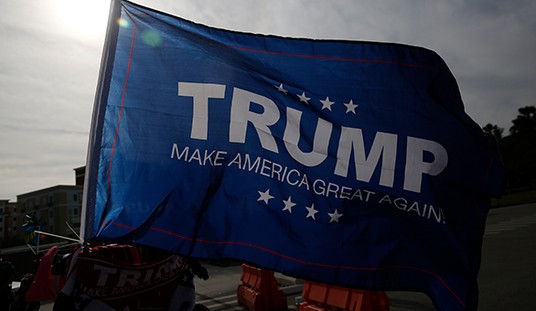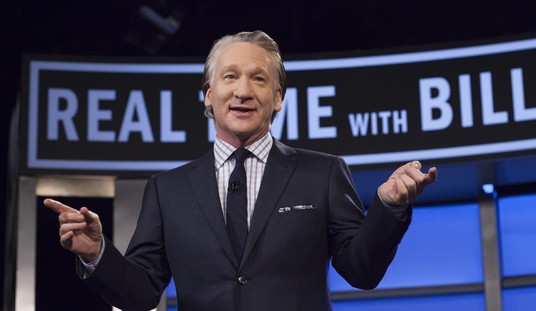Flareups pitting true, free-market advocates against crony capitalists are nothing new in our heavily regulated economy, with one of the latest battlefields involving fantasy sports companies.
In 2019, the U.S. Supreme Court struck down the federal law that long had made it illegal for consumers in the U.S. to bet on sports — the “Professional and Amateur Sports Protection Act” (“PASPA”). Notwithstanding that marketplace victory, and as I wrote here a year ago, unhealthy relationships between state regulators and certain fantasy sports companies continue to cause problems for other, usually smaller companies. It should come as no surprise that at times these crony capitalist efforts are camouflaged as pro-market measures, the proverbial “wolf in sheep’s clothing.”
In a recent column, for example, a former GOP legislator wrote, “Lawmakers must recognize that not every industry requires federal interference—especially in sports betting.” While this statement appears broadly supportive of a free-market approach to fantasy sports betting — a position I happen to share — the real call to action by the author is revealed later in the opinion piece, and favors less, not more, market freedom.
In fact, the author made it very clear that he’s a fan of the likes of “FanDuel, DraftKings, ESPN Bet, BetMGM, Fanatics, Bet365, and Caesars Sportsbook,” large companies that offer fantasy sports contests (skill-based games), traditional sports betting (straight sports gambling), or both. What he is curiously not a fan of are small fantasy sports upstarts that simply seek to continue servicing their many loyal customers and growing their businesses.
Recommended
Naturally, the big fantasy sports companies, such as DraftKings and FanDuel, which together control 70 percent of the marketplace, don’t like the upstarts either, and they are spending a considerable amount of time and money lobbying policymakers to try and keep them out of the marketplace.
According to the author, these newer fantasy sports companies are “shady.” Hardly. In fact, most of the smaller, daily fantasy sports companies legally provide games of skill to millions of customers, and the only “crime” these companies might seem to have committed is cutting into the profit margins of the big market incumbents. This is likely the reason the big boys are spending so much of their attention cozying up to powerful people in the regulatory state who have the authority to kick their newer competitors to the curb; unfortunately, with at least some success.
For example, in July 2023, a lobbyist with ties to the Sports Betting Alliance, a lobbying group that represents DraftKings, FanDuel, BetMGM, and Fanatics Sportsbook, asked Wyoming's attorney general to act against their upstart competition. A few months later, the state issued cease and desist orders to local competitors, even apologizing to the lobbyist for how long it took them to do so.
DraftKings’ CEO Jason D. Robins even admitted that his company is pushing for such actions, calling it an opportunity for the industry to obtain “a moment of clarity” a euphemism for crony capitalism.
Writing for Bloomberg Law, John Yun, the Executive Director of the Global Antitrust Institute and an Associate Professor of Law at George Mason University, called DraftKings and FanDuel out as "rent seekers.” He’s right — and he’s not alone in criticizing these corporate giants.
In December 2024, Sens. Mike Lee (R-Utah) and Peter Welch (D-Vt.) wrote to the Department of Justice and Federal Trade Commission raising “concerns regarding FanDuel's and DraftKings's conduct,” which they stated “may be violating Section 1 of the Sherman Act[‘s] prohibition on coordination to obstruct or impair competition." They urged them “to look into these allegations to ensure that competition is protected and consumers continue to benefit from innovation and new offerings in sports entertainment.”
Sen. Lee continued in a press release, writing, “FanDuel and DraftKings didn’t get their monopoly through a merger, so now they’re trying to achieve it by arguably acting as one company...threatening innovation, limiting consumer choice, and stifling new entrants.”
DraftKings and FanDuel lobbying to advance their business interests is not really surprising. Market leaders in all economic sectors play the game, and invariably find advocates to press their position, either directly or less so under the guise of “clarity” or other euphemisms for regulatory favoritism. For now, I suppose, all we can hope for is that “truth in advertising” comes to crony capitalism.
Bob Barr represented Georgia’s Seventh District in the U.S. House of Representatives from 1995 to 2003. He served as the United States Attorney in Atlanta from 1986 to 1990 and was an official with the CIA in the 1970s. He currently practices law in Atlanta, Georgia and serves as President of the National Rifle Association.
























Join the conversation as a VIP Member